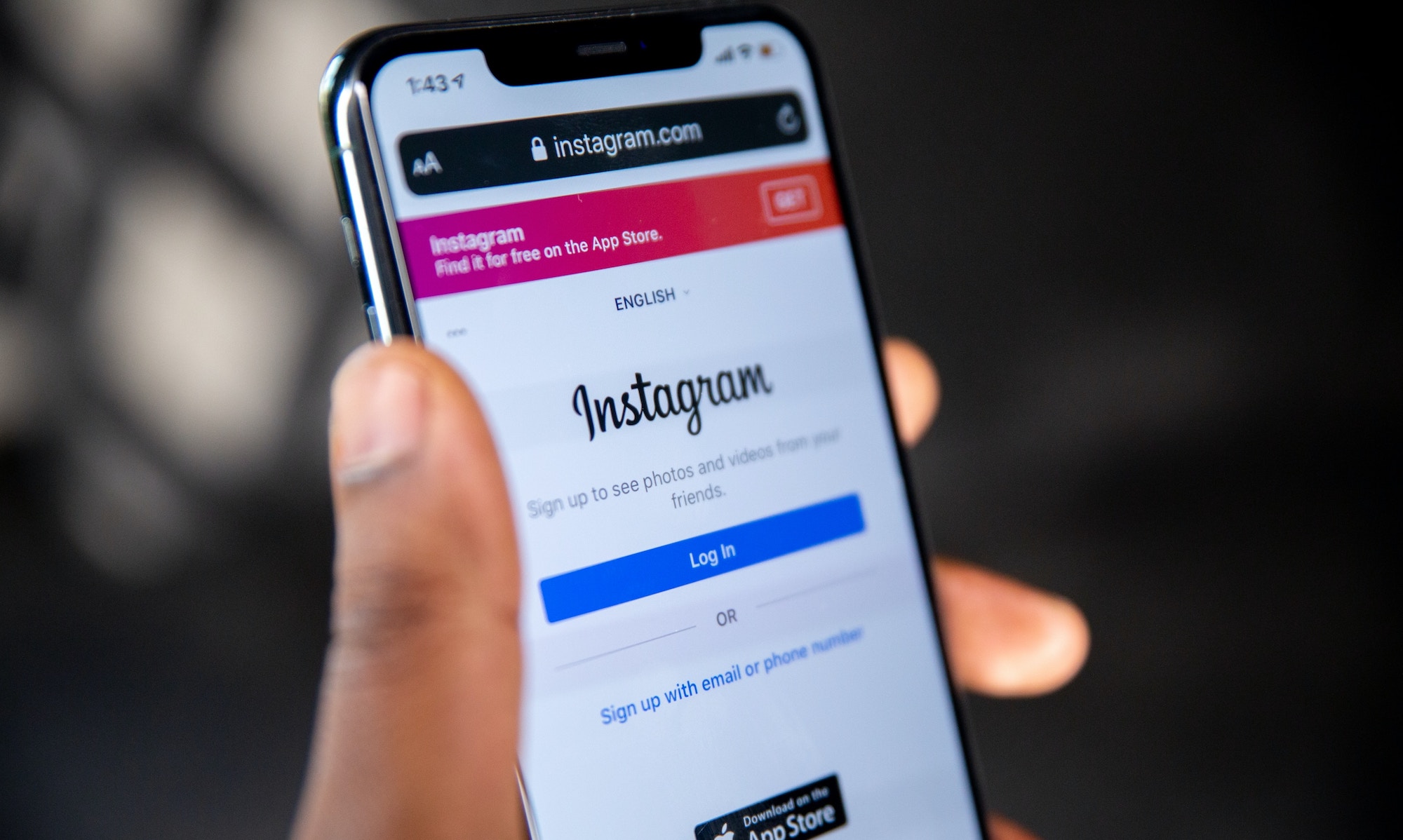Aimé Leon Dore secures the bag. Now what?

Listen to this article:
—
It was only a matter of time…
…Before Aimé Leon Dore secured the bag and got a major co-sign from LVMH (Moët Hennessy Louis Vuitton). This morning, Business of Fashion reported that LVMH took a minority stake in ALD, the American sports + streetwear brand based out of New York City.
And for those who are privy, you can’t say we didn’t see this coming. It’s long felt like an imminent move for both parties.
“I think [this investment] it drives home the point that a number of younger American brands are exerting significant influence in the market right now,” says Julie Zerbo, founder and editor-in-chief of The Fashion Law. To be clear, ALD has been securing the bag for a while, as they’ve consistently sold out of seasonal collections with brands like New Balance, Drake’s, Porsche, Clark’s, and Woolrich. They have carefully curated retailers who sell in their respective stores, they have a booming online business, and they’ve created a surmountable social buzz with their standalone flagship store on Mulberry Street in Soho.

With a fresh pot of cash, they’re launching a second flagship in London early this year, with more on the way.
Why it actually matters
For LVMH Luxury Ventures, this is another confirmation of their interest in the American market and the latest U.S. investment they’ve made, preceded by New York watch company HODINKEE and Madhappy, a streetwear brand out of LA.
I have to say, I like this move for ALD. A lot. And here’s why:
The brand equity
To date, ALD has grown its business on hype, long lines, sold-out collections, and a New York-meets-Greece sensibility. And that’s all great, but it doesn’t answer a very important question: Can they mature, evolve, and grow up beyond those labels?
And that’s where LVMH comes in. From Berluti and Rimowa to Givenchy and Celine, LVMH is a premier luxury investment house for fine clothing, wine & spirits, beauty, and retail et al. They know the playbook, they have the resources and the cash, and assuming ALD wants to evolve from streetwear to global luxury brand, having LVMH’s stamp of approval goes a long way.
The treasure chest
With that investment comes a deep, deep network of resources that can and will move the needle for ALD. From supply chain and sourcing to merchandising and planning. From retail and partnerships to marketing and brand strategy, LVMH has access to it all.
Teddy Santis, ALD’s founder, adds to this: “LVMH’s vast network of global leaders across the industry and its rich history in growing exceptional storied brands offers a truly unique partnership opportunity to fuel the next chapter of growth Aimé Leon Dore.” (c/o Hypebeast).
Teddy knows that the hype can only carry him so far, and having a firm like LVMH come alongside and nurture the brand is a wise move.
The Arnault family
They just get it: especially Alexandre (29), Bernard’s son. While Alex is focused on Tiffany & Co. (and previously Rimowa) in the day-to-day, there’s no question he’s firmly involved in the Luxury Ventures side of things as well.
And here’s a photo to prove it. This is Bernard (middle left), Alex (middle), and Teddy, all chatting at Art Basel in Miami a few months back.

Zerbo also suggests the deal is “a nod to the prowess and potentially, the deal-making ability of Alexandre, who appears to have had a hand in helping this deal along, as well as others for LVMH in recent years.”
According to The Fashion Law, they’ve also filed trademarks in the metaverse for their two brands, Aimé Leon Dore and Café Leon Dore. It’s still early, but the connection between luxury goods and the metaverse and gaming is growing, which I’ve written about before, and it wouldn’t surprise me if the Arnault's are already pushing their portfolios to think differently about how to invest in digital ventures.

Courtesy of The Fashion Law
“I miss the old Kanye Aimé”
Look, for as much love and hype as ALD has gotten over the years, they’ve also become the butt of many jokes and memes on the internet. And if you look closer, there’s a deeper narrative from early adopters who see this as death for ALD, which I get. Those critics (myself included, perhaps) were the early adopters who felt like ALD is compromising values, has lost touch with customers, and raised prices disproportionate to quality of its garments.
That they’re basic, that they don’t get their brand anymore.
And there will always be those people.
But consider this: If you buy products from luxury brands (brands associated with LVMH’s ownership or money) like Berluti, Loewe, or Givenchy, do you make purchasing decisions on that association alone? Every time?
Sure, maybe you do. But there are seven billion people on this planet. That’s a lot of customers who have different tastes and preferences than you do.
If you’re part of the old guard who “discovered ALD first” in 2014 and you’re upset that they’ve changed, grown, evolved, or sold out, I get it. I am too. That comes with the territory when you scale anything, which Bobby Hundreds a lot about in his book, This is Not a T-Shirt.
But to assume that that’s the only opinion that matters is to see this whole ordeal one-dimensionally.

On the other hand, if you’re Teddy looking at LVMH and the prospect of growing your “life’s work” brand, the Arnault’s cutting you a check with a major co-sign from LVMH is colossal. Sure, Teddy brings his new-cool-guy energy of collabs like New Balance, Porsche, and Woolrich, but let’s not pretend that this doesn’t open Teddy and ALD up to new markets, more customers, more money, and opportunities he couldn’t otherwise dream of having access to.
I guess what I’m saying is that some people want to build a brand and secure the bag.
And that’s okay.






















.jpg)
.jpg)
.jpg)
.png)



.png)
.jpeg)

























































.jpg)





















